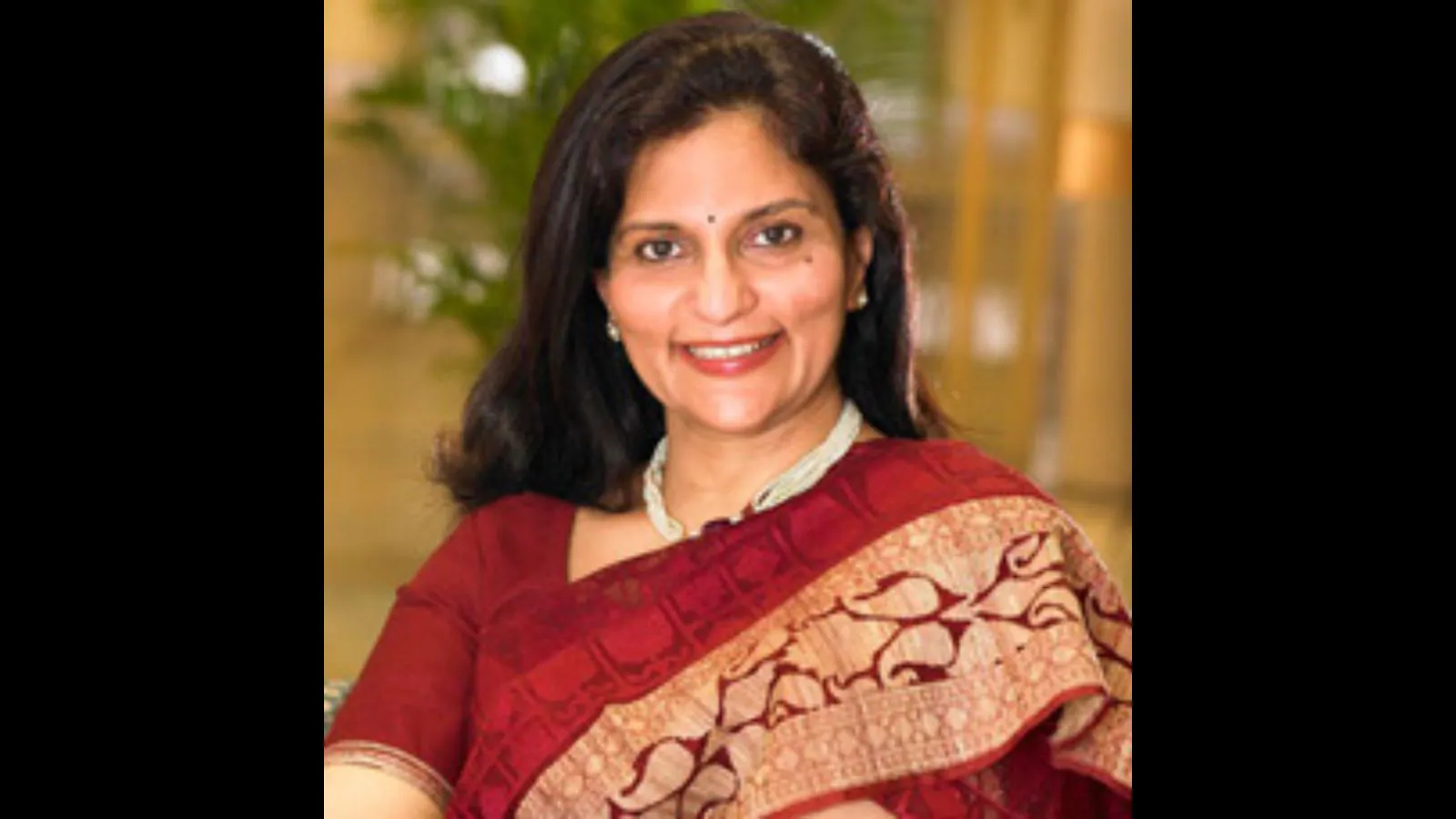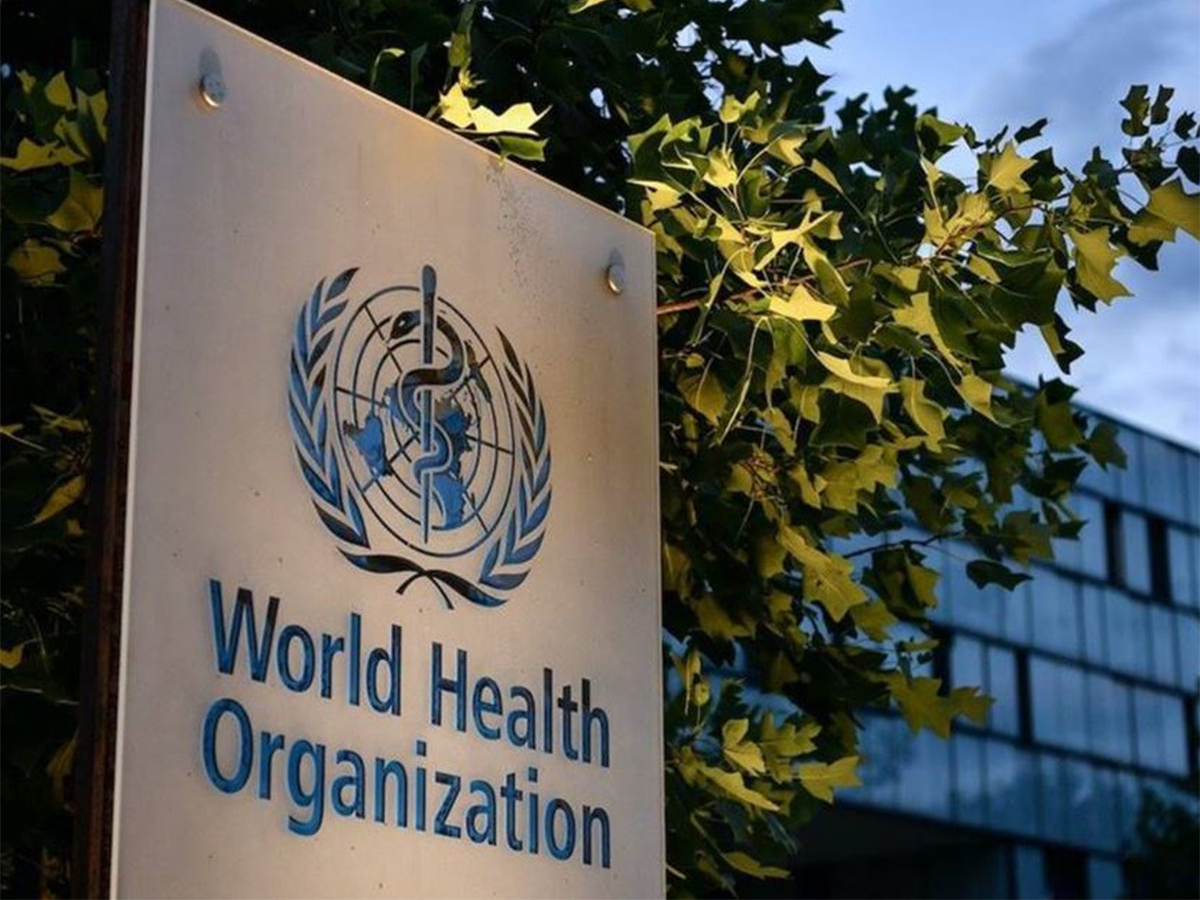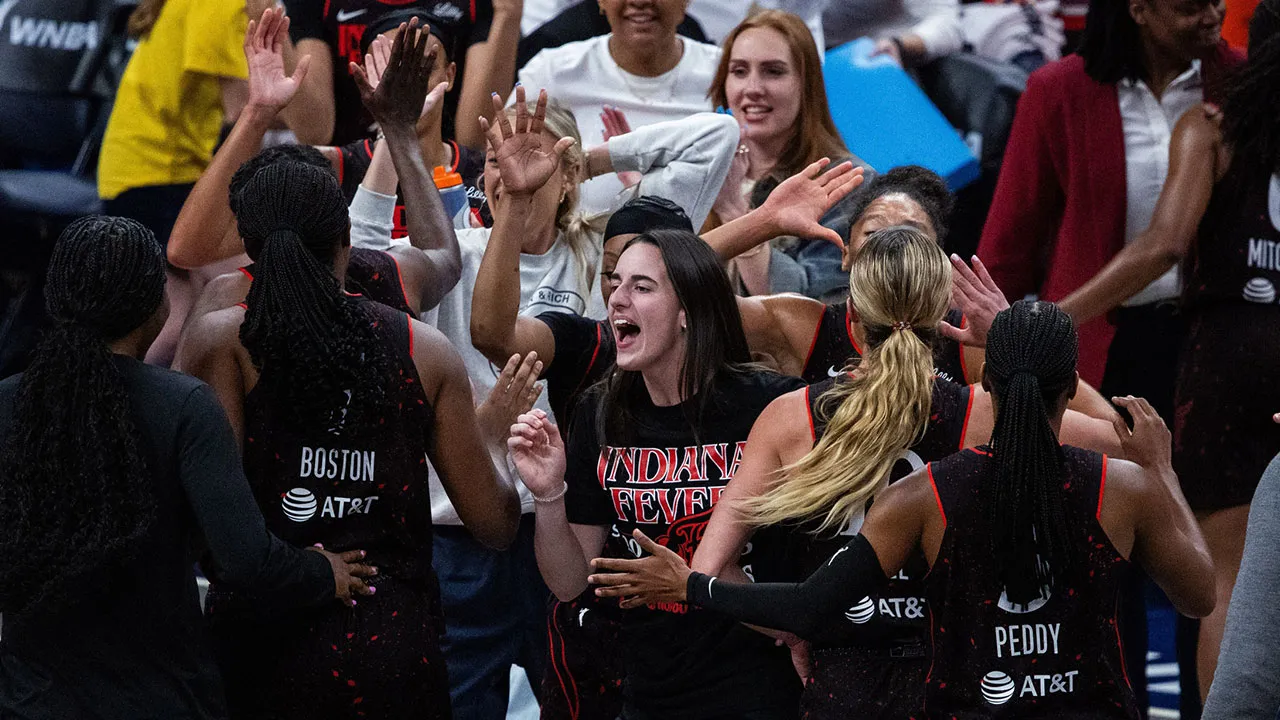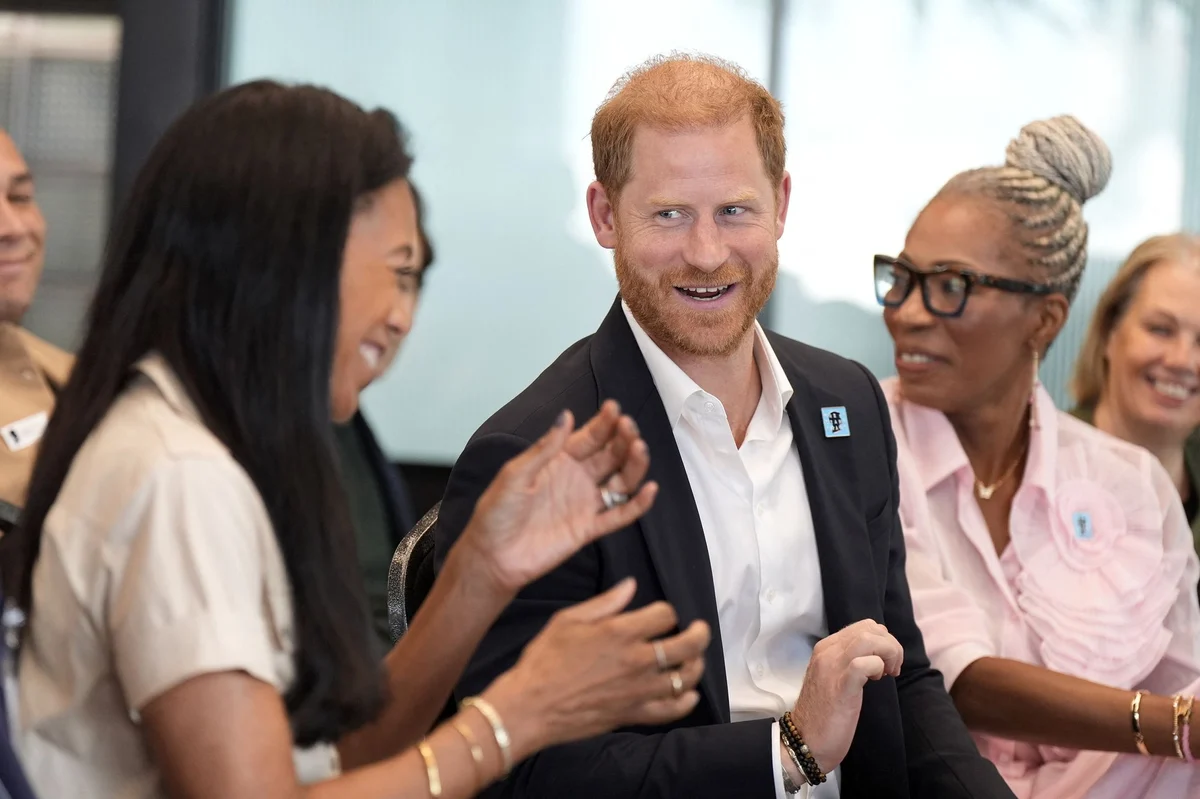Women Must Put Health First, Preventive Health Check-Ups Still Not A Priority for Indians: Apollo’s Preetha Reddy
By Apoorva Misra,Himani Chandna,News18
Copyright news18

Indians, especially women, must prioritise screening for cancer and heart disease or risk a surge in deaths in the coming years, Dr Preetha Reddy, Executive Vice Chairperson, Apollo Hospitals Enterprise Limited, told News18.
Despite the alarming surge in deaths from cancer and heart attacks, Reddy said awareness about the life-saving value of screening remains woefully low in India. “While preventive health check-ups are on the rise in India, they are still not as high as they should be. Statistics from Apollo Hospitals show that preventive health checks have risen 150 per cent in five years — from one million in 2019 to 2.5 million in 2024 — reflecting growing awareness, but still not enough to counter the threat of non-communicable diseases,” Reddy told News18 in an exclusive interaction.
Recounting a recent incident, Reddy said she saw a young man brought to the emergency department after a fatal heart attack. ‘There are many Indians who spend on expensive clothes or accessories, but still don’t opt for health check-ups. It’s time to focus on your health and detect diseases early, while they are still in a curable stage.”
India needs to focus more on women
Reddy believes that India needs to focus on women more, for health reasons specifically. “Breast cancer and cervical cancer are on the rise in India among women. Also, we have been seeing instances of lung cancer due to air pollution.”
“While men seem to be more proactive about picking up symptoms and reaching out to doctors earlier, women either don’t talk about it or delay visiting doctors. I just want to say that we now have much better options than we had yesterday. And I strongly encourage women to take care of their health because only if women’s health is in good shape can the rest of the family be happy.”
On being asked if she can share her own health routine, she said, “The first thing is to eat right and definitely register a good amount of steps and a little bit of cardio and exercise. Even if you don’t like hitting the gym, try to learn yoga. To manage stress and temperament, meditation helps, along with following a spiritual path. I think that’s important.”
“We as a family are very spiritual,” she revealed, adding that “my father (Dr Prathap C Reddy) reads Sundarkand (text) and performs pooja for about two hours every day. My mother and husband are also very spiritual by nature. It helps you to stay grounded and also manage stress”.
With Prime Minister Narendra Modi set to launch the Swasth Nari, Sashakt Parivar Abhiyan—translated as Healthy Woman, Empowered Family campaign—on his birthday on September 17, Reddy said she was very excited about it. “The PM planned specifically to launch a campaign around women, what more can we ask for? He is putting all efforts into healthcare. From boosting infrastructure to launching consumer-friendly schemes, the government is doing the best it can.”
On GST Reduction
Data shows cancer has increasingly become the most dreaded word, with a diagnosis often shattering families emotionally and financially.
“There are multiple things. How many people in India have health insurance? I urge people to take some form of health insurance, considering that now even the central government has removed the goods and services tax (GST).
Having said that, she added, “You know there is a cost of care. There is a tax on medicines and equipment. The central government must consider removing or minimising GST on cancer-related drugs and equipment. These expenses also ultimately bother the consumer.”
Reddy pointed out that it’s high time India encouraged research and the manufacturing of oncology drugs domestically to bring prices down. “We have to manufacture more advanced oncology drugs in India… I think that’s definitely a priority for all of us.”
She said she has assured the state and central governments that “Apollo will be very happy to do as much screening as you want us to do”. “We need to make the common man understand that prevention is better than cure, and it is less expensive. We need to develop the culture of screening; otherwise, we will see these diseases sprouting in the coming years.”
‘Future Of Healthcare About To Change’
Reddy is known to have championed deep clinician engagement and modern medical protocols to continuously enhance clinical outcomes. She led the establishment of pioneering technologies and reduced the lag in adopting new treatments at Apollo Hospitals.
She believes that in the next five years, the shape of diagnostics and healthcare will change dramatically. “With Artificial Intelligence already becoming a reality, in the coming years, wearable devices and post-hospitalisation sensors will change the diagnosis and post-hospitalisation scenario while pre-empting several alerts in case of unusual body behaviour.”
“In decision-making for treatment pathways, the only thing is that human intelligence should not let Artificial Intelligence overtake them. Precision therapies will become more accessible and affordable. Not just in the clinical space but also in the training space, many things will change,” she added.
“On the other end, if people had more access to health insurance and better infrastructure, things would change for the better on both sides.”



